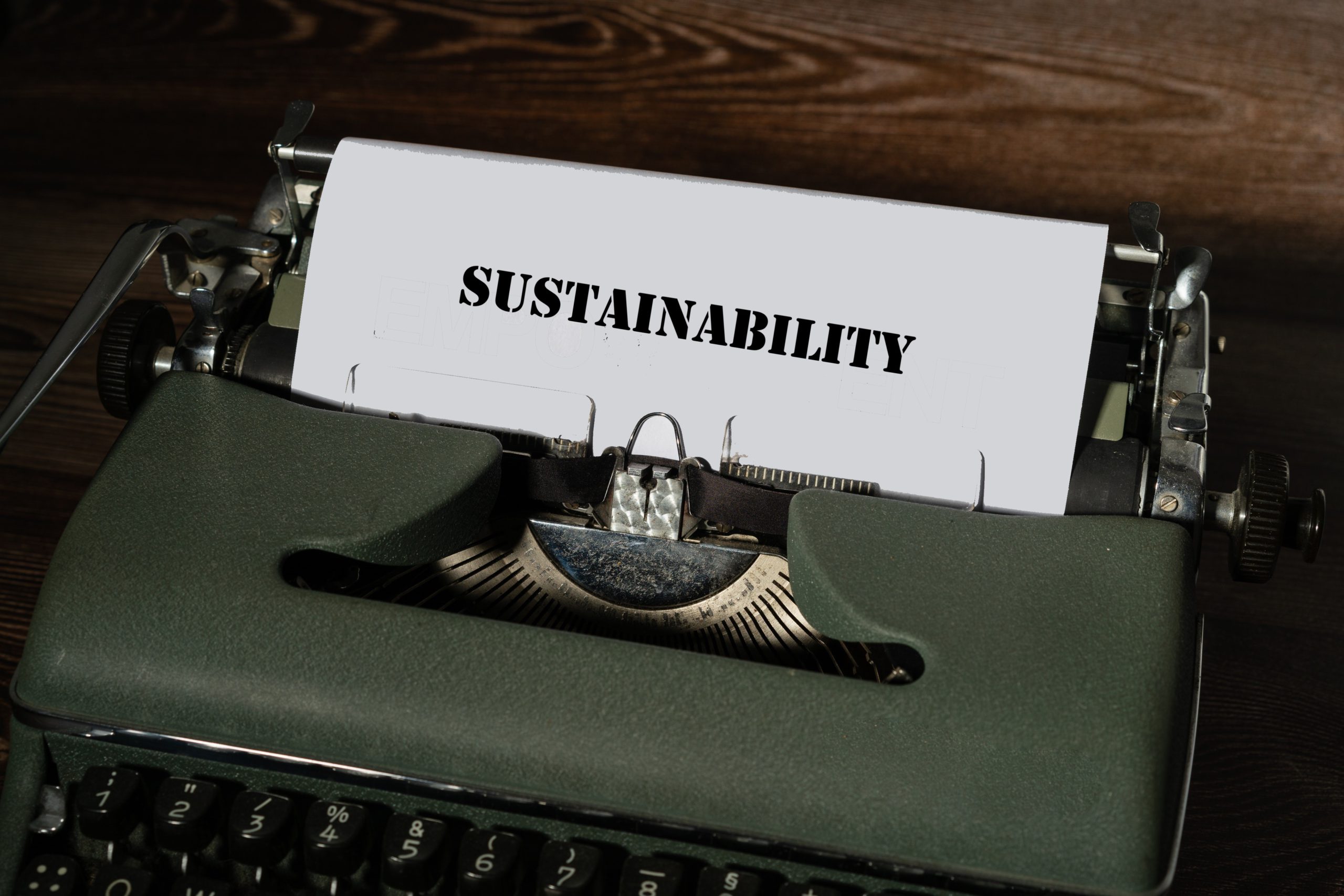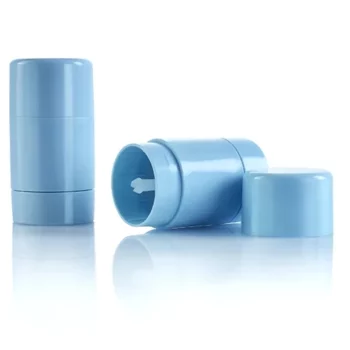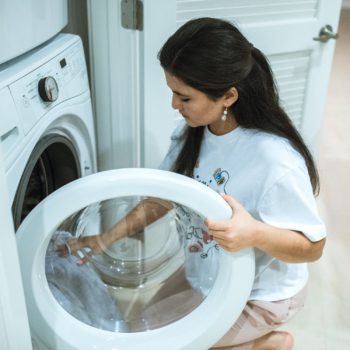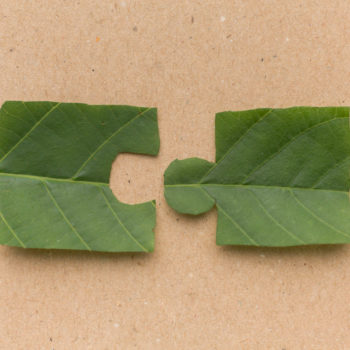|
|
In today’s rapidly changing world, there is an increasing demand for knowledgeable and skilled professionals in sustainability practices. Companies are becoming more aware of the importance of sustainable development and are trying to incorporate environmentally friendly practices into their operations.
To meet this demand, many organizations offer professional sustainability certifications recognizing individuals who deeply understand sustainability. This article will explore some of the top professional sustainability certifications available today.
LEED Certification
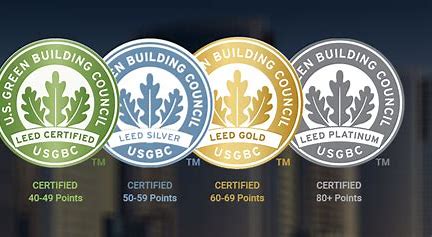
Leadership in Energy and Environmental Design (LEED) is one of the world’s most recognized and respected sustainability certifications. Offered by the U.S. Green Building Council (USGBC), LEED certification focuses on green building principles and recognizes professionals who have demonstrated expertise in sustainable building design, construction, and operation.
The rigorous certification process involves fulfilling certain criteria related to energy efficiency, environmental management, and social and environmental impact. LEED certification is highly valued in the green building industry and can open doors to many career opportunities.
1. Sustainability Excellence Professional Certification
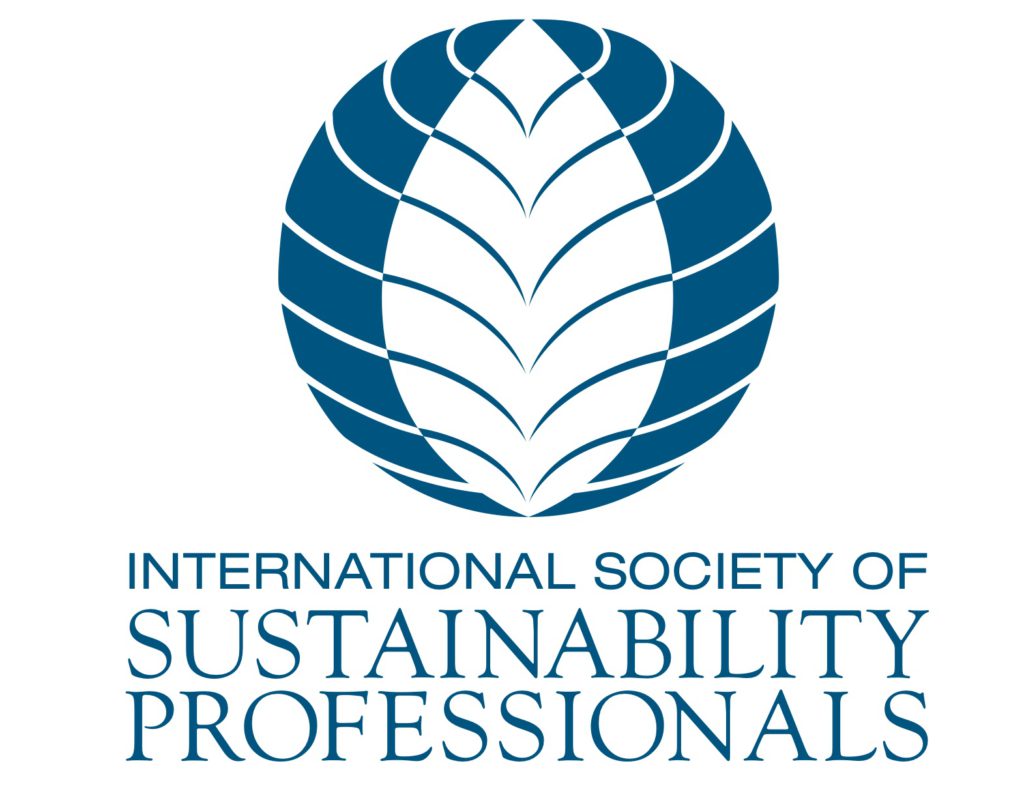
The Sustainability Excellence Professional (SEP) certification is offered by the International Society of Sustainability Professionals (ISSP). This certification is designed for professionals actively shaping and implementing organizational sustainability strategies.
SEP certification signifies high expertise in sustainability practices, including sustainability reporting, supply chain management, and renewable energy. To obtain the SEP certification, candidates must demonstrate a deep understanding of sustainability concepts and complete a comprehensive examination.
2. B Corp Certification
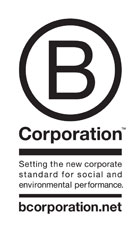
B Corporation, also known as B Corp, is a global movement that aims to redefine success in business by legally requiring companies to meet strict social and environmental standards. B Corp certification is available for both companies and individuals.
For professionals, B Corp certification recognizes individuals who have made a significant impact in the sustainability field and have demonstrated a commitment to using business as a force for good. B Corp certification is highly regarded and is a testament to an individual’s dedication to sustainability and corporate social responsibility.
3. Green Globes Professional Certification
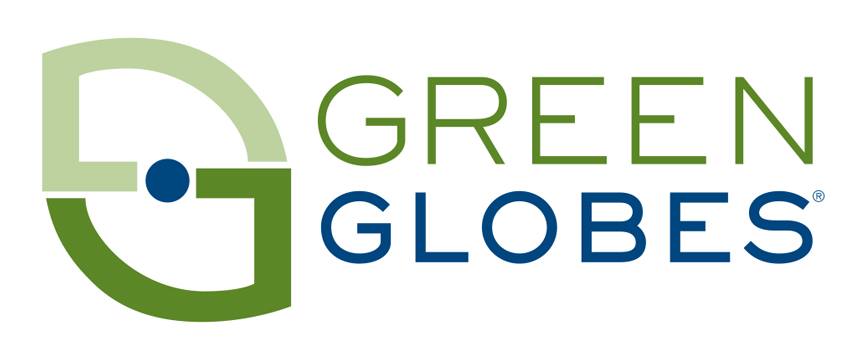
The Green Globes Professional (GGP) certification is offered by the Green Building Initiative (GBI). This certification focuses on assessing and improving the environmental performance of buildings. GGP certification recognizes professionals who deeply understand green building principles and successfully implement sustainable practices in their projects. GGP certification is highly regarded in the green building industry and is often seen as a mark of excellence in sustainable design and construction.
4. Sustainability Excellence Associate Certification

The Sustainability Excellence Associate (SEA) certification is another certification offered by the International Society of Sustainability Professionals (ISSP). This certification is designed for individuals who are new to the field of sustainability but are passionate about making a positive impact.
The SEA certification covers various sustainability topics, including energy efficiency, emissions reduction, and sustainability reporting. The SEA certification demonstrates a commitment to professional development and a desire to contribute to the sustainability field.
5. The Global Organic Textile Standard (GOTS)
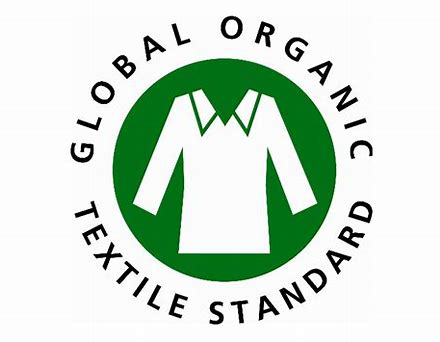
GOTS was established in 2006 by four organizations that certify products with 95% or more organic material. If it contains 70% to 94%, it’s disclosed on the label. Mainly known for cotton, it covers the entire process, from farming to manufacturing. Independent bodies verify transparency and a database provides info.
However, recent concerns surfaced about non-organic practices on GOTS-certified cotton farms. To address this, GOTS works with third-party organizations to improve integrity and transparency.
6. USDA Organic
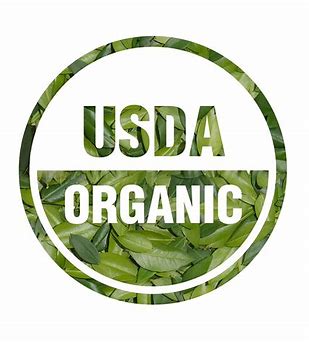
USDA Organic certifies organic food, drinks, personal care items, and textiles. It’s well-known for sustainable food. To get certified, farmers and facilities worldwide must follow USDA Organic Regulations. The process varies for different products like produce or meat. It’s strict, monitored, and transparent. No toxic pesticides, synthetic fertilizers, or artificial stuff is allowed.
Companies apply, get audited, and sustainability pros inspect. However, there have been issues, like fake organic imports and hydroponics labeled as organic, without improving soil quality.
7. Global Recycle Standard
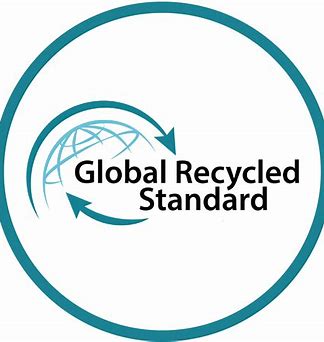
Global Recycle Standard certifies products (textile, plastic, metal, paper) with recycled content. Created in 2008, GRS sets at least 50% recycled content following ISO 14021 standards. It’s managed by Textile Exchange, ensuring full supply chain scrutiny, prohibiting toxic chemicals, and promoting environmental and social standards.
Certifications require annual audits by third parties. GRS is recognized in over 50 countries and considered a reliable sustainability certification for fashion due to its transparency and adherence to eco-friendly practices.
8. OEKO-TEX®
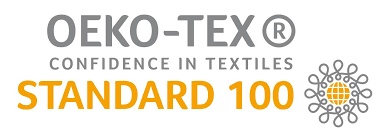
OEKO-TEX® certifies textiles (home, clothing, footwear) and leather goods. It offers various certifications, including STANDARD 100, ensuring all components are tested for harmful substances. The LEATHER STANDARD applies to leather products.
STeP by OEKO-TEX® goes further, considering eco-friendly manufacturing, environmental management, worker safety, and social responsibility. It requires a Code of Conduct for legal accountability.
MADE IN GREEN by OEKO-TEX® offers traceability through QR codes, combining STANDARD 100 and STeP for textiles, including leather. OEKO-TEX® primarily focuses on health but aligns with eco-friendly practices.
9. EWG Verified™
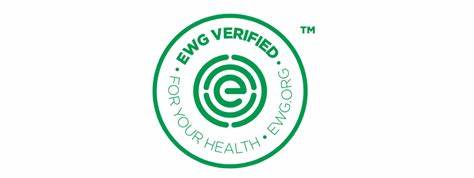
EWG Verified™ certifies cosmetics, baby care, skin care, personal and hair care, and eco-friendly cleaning products. It ensures total ingredient transparency and bans harmful substances.
Over 2000 products bear the seal, signifying transparency and safety. EWG’s scientists use peer-reviewed studies to assess water safety, pesticides, and product ingredients.
Brands seeking the seal undergo a thorough process, including disclosure and testing. While verification lasts three years, consumers are advised to check ingredient lists for any changes.
10. UL GREENGUARD
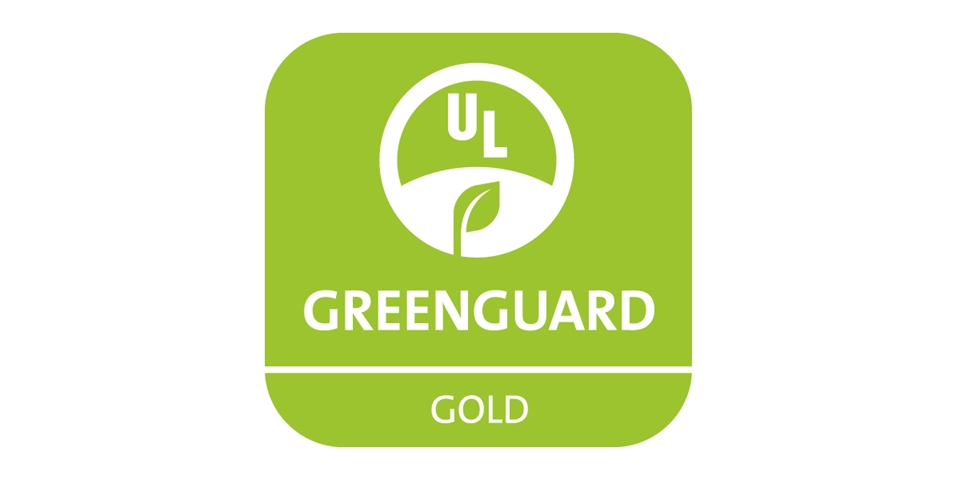
UL GREENGUARD certifies building materials, furniture, flooring, electronics, cleaning products, mattresses, and medical devices. It addresses indoor air pollution caused by volatile organic compounds (VOCs). VOCs, found in various products, can harm indoor air quality. UL GREENGUARD tests products for over 300 chemicals, ensuring low VOC emissions.
Some products earn the UL GREENGUARD Gold seal, meeting stricter emissions criteria. These standards also align with LEED certification and green building principles.
Frequently Asked Questions
Sustainability certifications recognize individuals or organizations for their commitment to sustainable practices. These certifications demonstrate expertise in green business, sustainable business, disclosure, and sustainability strategy.
Sustainability certifications benefit businesses by helping them establish credibility and trust with stakeholders. They are committed to social and environmental performance and can contribute to cost savings, improved efficiency, and enhanced brand reputation.
Professional sustainability certifications signify expertise and experience in the sustainability field. They demonstrate an individual’s or organization’s knowledge of best practices, global standards, and effective implementation of sustainable strategies.
Some popular sustainability certifications include the Certified Business Energy Professional (BEP), Green Business Certification, and the AIChE Credential for Sustainability Professionals. These certifications are recognized globally and are highly regarded in the sustainability field.
The specific requirements for obtaining a sustainability certification depend on the certification program or organization. Generally, the process involves meeting certain criteria, completing an application, providing evidence of relevant experience or education, and possibly passing an exam or evaluation.
Yes, there are certifications specifically designed for certifying products or services. These certifications evaluate the environmental and social impact of the product or service, ensuring that they meet certain sustainability standards.
A: While anyone can pursue a sustainability certification, the certifications typically require some formal education or extensive experience in the sustainability field. This ensures that certified professionals have the knowledge and skills to implement sustainability practices effectively.
The best sustainability certification depends on the specific needs and goals of the individual or organization. Researching and evaluating different certifications based on their criteria, reputation, and relevance to your field of work is recommended.
Many sustainability certifications are internationally recognized and respected. However, it is important to verify the recognition and credibility of certification within specific countries or regions, as some certifications may be more widely recognized in certain areas than others.
While certifications offer credibility and demonstrate a commitment to sustainability, they aren’t a prerequisite for working in the sustainability field. Experience, knowledge, and a passion for sustainable practices are equally valuable in establishing a career in sustainability.
Conclusion
In conclusion, obtaining a professional sustainability certification is an excellent way to validate your knowledge and expertise in sustainability. Whether you are interested in green building, corporate sustainability, or environmental management, there is a certification program that can help you advance your career and make a difference in the world.
By becoming certified, you join a community of professionals dedicated to creating a more sustainable future. So, if you are passionate about sustainability and want to make a lasting impact, consider pursuing one of the top professional sustainability certifications mentioned in this article.
